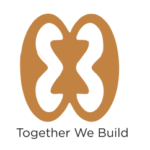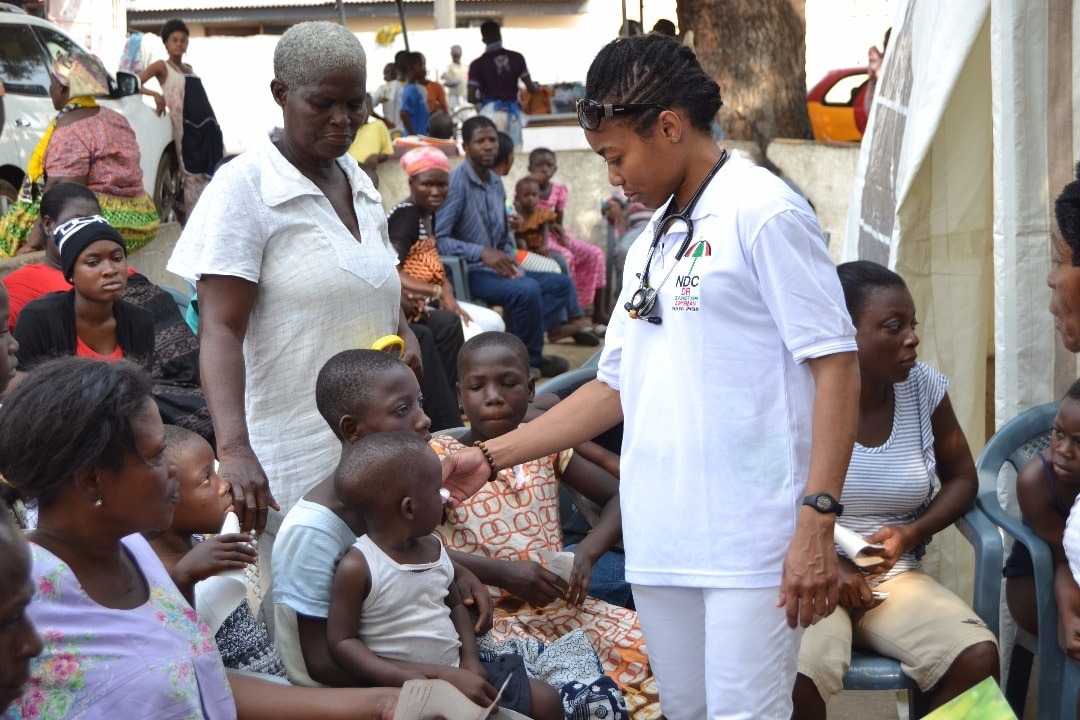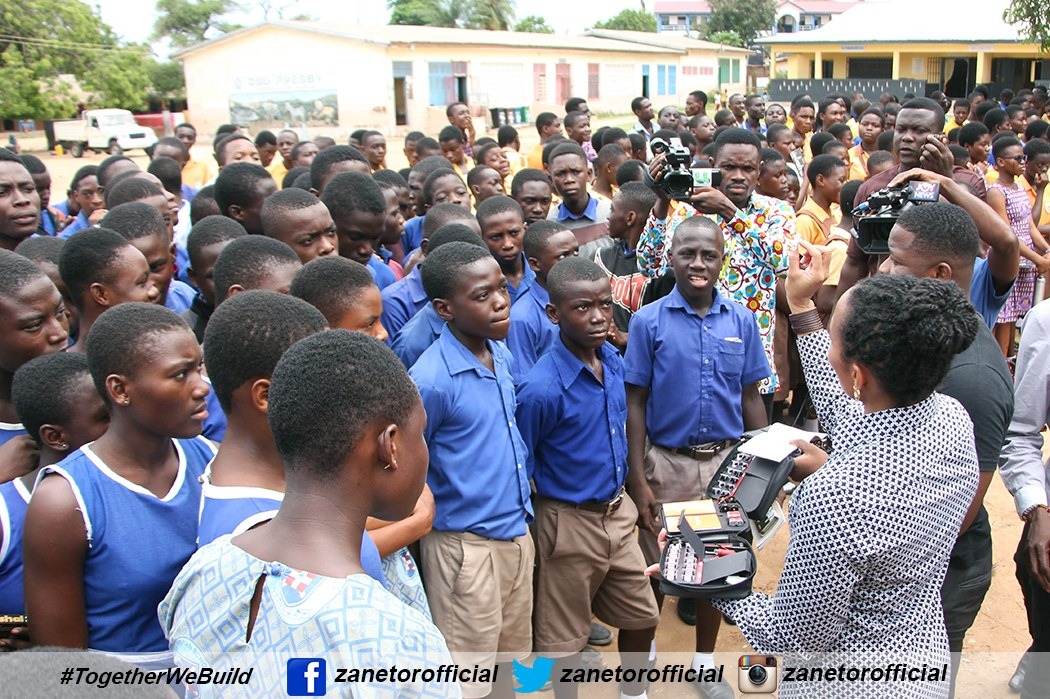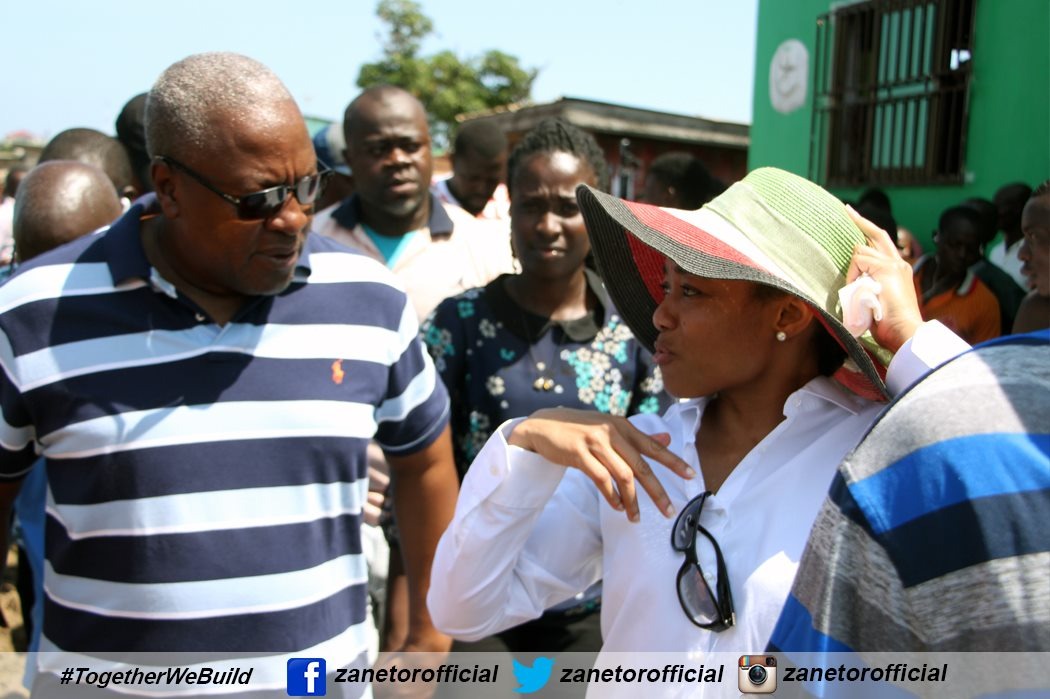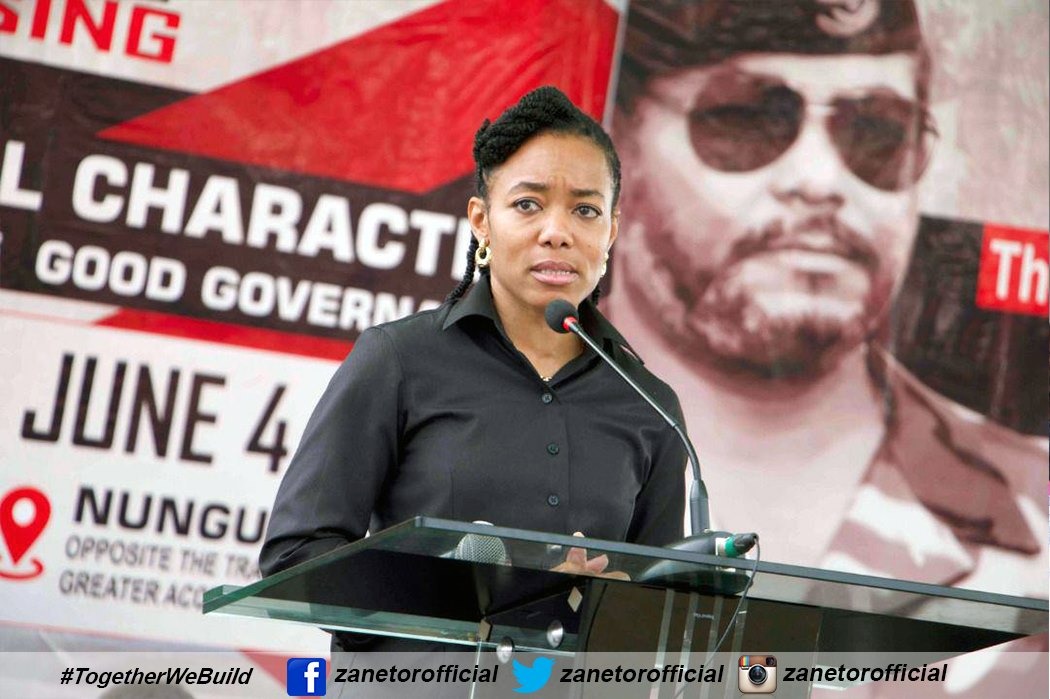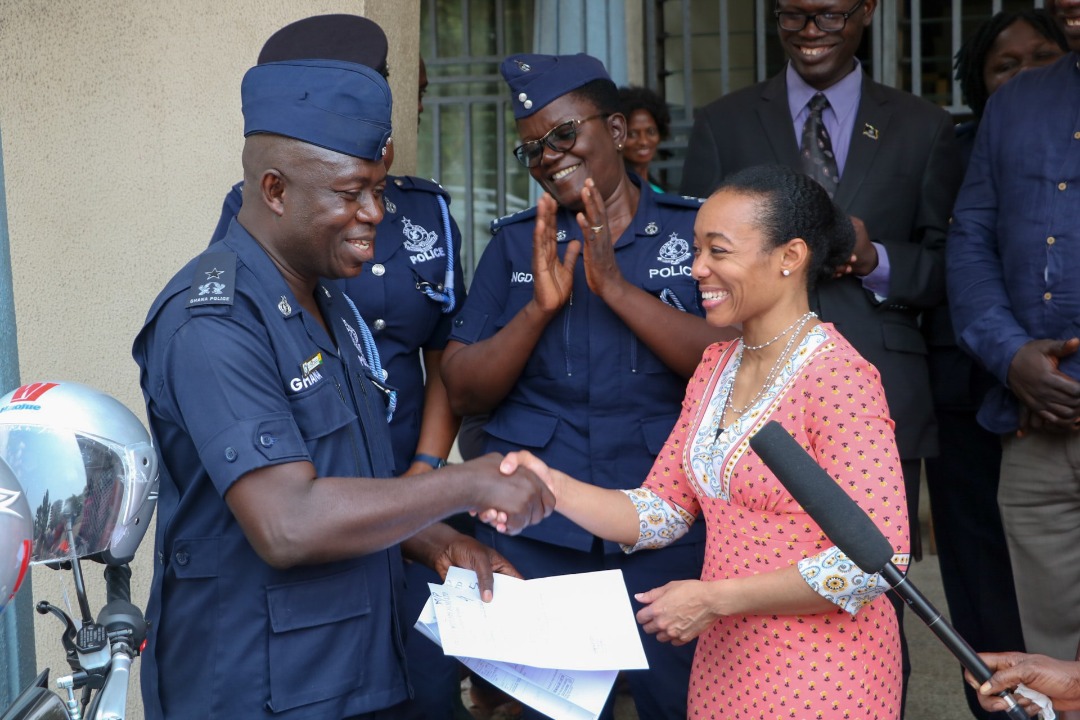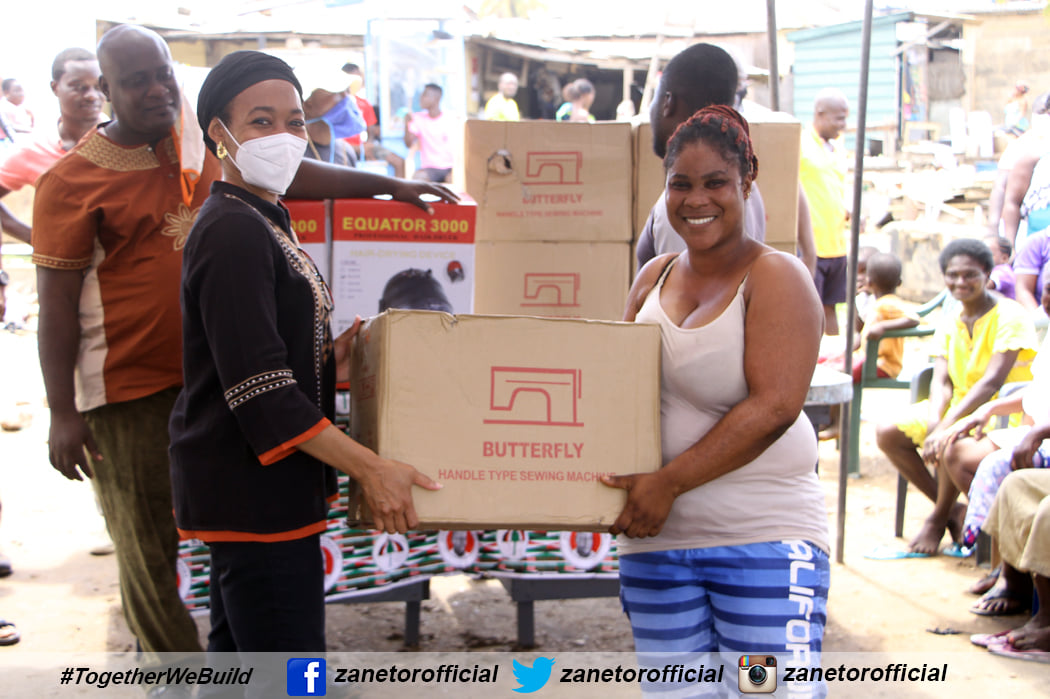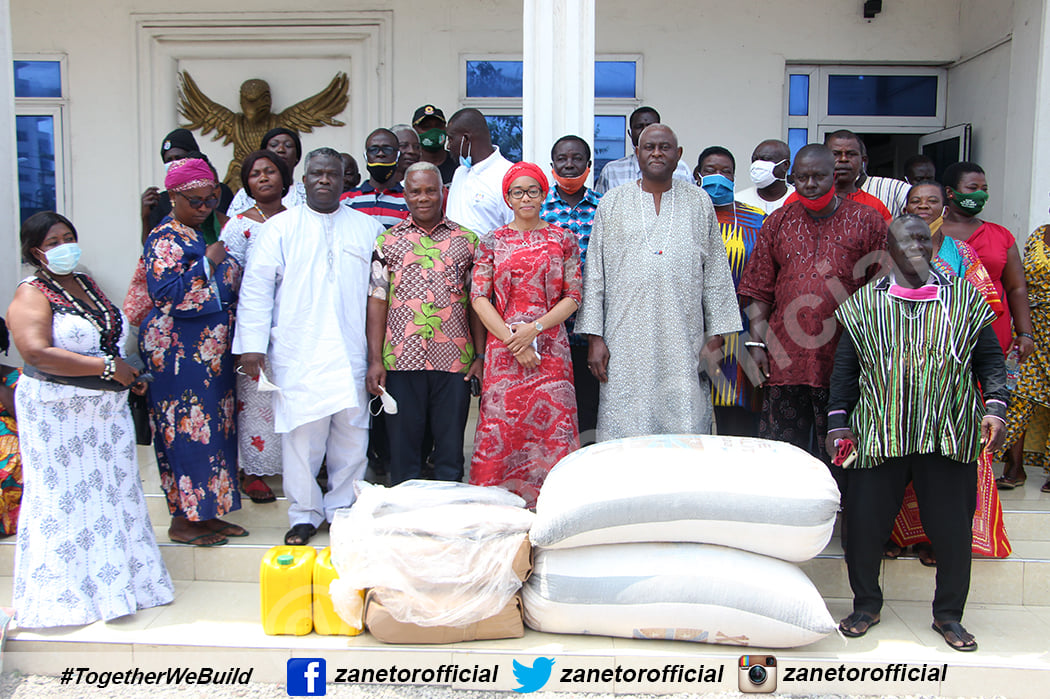Statement In Commemoration Of World Leper’s Day By Dr. Zanetor Agyeman-Rawlings, Member Of Parliament For Klottey-Korle And Deputy Ranking Member On The Select Committee For Defence
Mr Speaker, thank you for the opportunity to make a statement on leprosy in commemoration of World Leprosy Day, which was on the 30th of January 2022.
Society for millennia has stigmatised society especially due to the contagious nature and progression of the active disease in the era before treatment was available. This perception about leprosy needed to be changed globally and at regional and national levels by creating an enabling environment to encourage patients to seek diagnoses, early self-reporting and treatment of the disease. This was achievable through implementation of policies through specific programmes which stressed improved community awareness, change in the image of lepers, as well as the provision of quality patient care.
As a result of some of these interventions, the prevalence rate of leprosy has been lowered. More importantly, leprosy ceases to be contagious or infectious within two weeks of initiating treatment.
Rehabilitation or re-integration of persons who have had leprosy involves quite a lot of encouragement and some degree of re-training where possible, so that they can settle back into their proper places in life. Family members and friends should feel comfortable around their loved ones who have been cured of leprosy and are fit to do normal activities to earn a living.
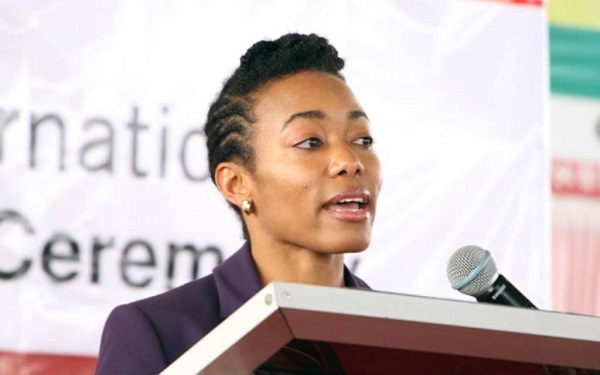
Until people get rid of their fear of leprosy, the rehabilitation and especially the reintegration of people affected by leprosy will be a very difficult task, primarily due to the attitude of Acceptance or Rejection which either helps or hinders recovery. Unless attitudes change, these marginalised persons will likely seek their sustenance in begging for money on the sides of our roads.
The official stipend toward feeding one person cured of leprosy in Ghana has only recently been increased to about GH₵ 31.00 (Thirty -one Ghana cedis) per month. This breaks down to approximately GHS 1.00 (One Ghana Cedi) a day, which cannot buy the smallest ball of kenkey, not to think of fish to go with it. Inadequate facilities and such poor commitment towards them also results in them begging on some of our streets.
Mr Speaker, over the years, certain people have been outstanding in promoting the need to uplift the dignity of leprosy patients. The work of a Belgian Catholic priest, Fr. Damien, in a leprosy colony created on the Molokai Island, near the Republic of Haiti, Central America, in 1873 can hardly be forgotten. He devoted his life to improve the conditions of the people as he lived among them. He eventually contracted the disease and experienced at first hand the pangs of leprosy. Fr. Damien died twenty years later (1893) and attained sainthood in 2009.
Another selfless humanitarian was, coincidentally a Catholic nun, Mother Theresa, who passed away in 1997. She concentrated her work on the welfare of the sick, needy, and dying, including leprosy patients in the slums of the Indian city of Calcutta.
Here in Ghana, one such person offering of humanitarian service to people affected by leprosy is, Very Rev Fr. Andrew (Nii Lante) Campbell, SVD, who has spent almost all his missionary life so far (51 years) in Ghana, at the disposal of the poor side-by-side his mainstream functions as a Roman Catholic priest. His benevolent activities cover the Five leprosaria in the Greater Accra, Volta, Central, Ashanti and Northern Regions. His Leper’s Aid Committee (LAC) is only a small group of volunteers who share his vision and thereby contribute their time and energy to help leprosy patients.
The Weija Leprosarium in Accra
The Weija Leprosarium in Accra is 70 years old. A lot of work is going on at the Ho leprosarium and in the two remaining institutions. Aggressive outreach programmes must, of necessity, be carried out to create awareness and encourage the flow of funds for after cure care of these patients in all regions.
Almsgiving or charity is at the core of most religions or philosophies. I would like to use the opportunity to the various places of worship – churches, mosques, temples, etc. – to emphasise the importance of opening one’s heart and hands to the less fortunate members of our society.
In commemoration of World Leprosy Day and, indeed, throughout the year 2022, special collections or offerings could be made towards the upkeep of residents of leprosaria in Ghana. Church groups and Fellowships are noted for periodic visits and symbolic donations, especially when they mark certain significant occasions. It would go a long way if such visits could be systematic and more consistent to ensure sustainability of funding. For example, the different groups in any church could take turns and visit the homes on a regular basis.
Similarly, they could adopt wards and blocks in hospitals and guarantee regular supplies of logistics, drugs and food, etc. Other Non-Governmental Organisations (NGO’s) such as Rotary, Lions, Zonta who have been supportive and ought to be commended for responding to the needs of the vulnerable in society should be emulated by their counterparts who are just as endowed with resources.
Corporate entities concerns should re-consider their policies and programmes for Corporate Social Responsibility and government could as an incentive for such humanitarian support, grant certain tax rebates, reliefs, and concessions.
Foundations and philanthropists, including our young, talented professionals (footballers, musicians, etc.) should support or consider the construction of Homes, wards to emulate some of their counterparts in other jurisdictions.
Very Rev Fr. Andrew (Nii Lante) Campbell, SVD, can aptly be described as Ghana’s Goodwill Ambassador for Leprosy. He has faithfully looked after those brothers and sisters of ours though they are complete strangers, so to speak. It is hoped that the young members of the Lepers Aid Committee shall equip themselves with the requisite capacity, qualities and techniques to continue with the tremendous work when the mantle falls on them. We can encourage the loyal volunteers by contributing our share in cash and kind, time and energy to support the work they do for lepers in Ghana.
Mr. Speaker, while Government commitment to leprosaria and cured lepers needs to be improved significantly, we can individually support these marginalised members of our communities to give them a more dignified existence and better quality of life.
To quote the Good book, “Whatever we do to the least of our brethren, we do unto the Lord.”
Thank you, for the opportunity.
| M | T | W | T | F | S | S |
|---|---|---|---|---|---|---|
| 1 | 2 | 3 | 4 | 5 | 6 | 7 |
| 8 | 9 | 10 | 11 | 12 | 13 | 14 |
| 15 | 16 | 17 | 18 | 19 | 20 | 21 |
| 22 | 23 | 24 | 25 | 26 | 27 | 28 |
| 29 | 30 | 31 | ||||
